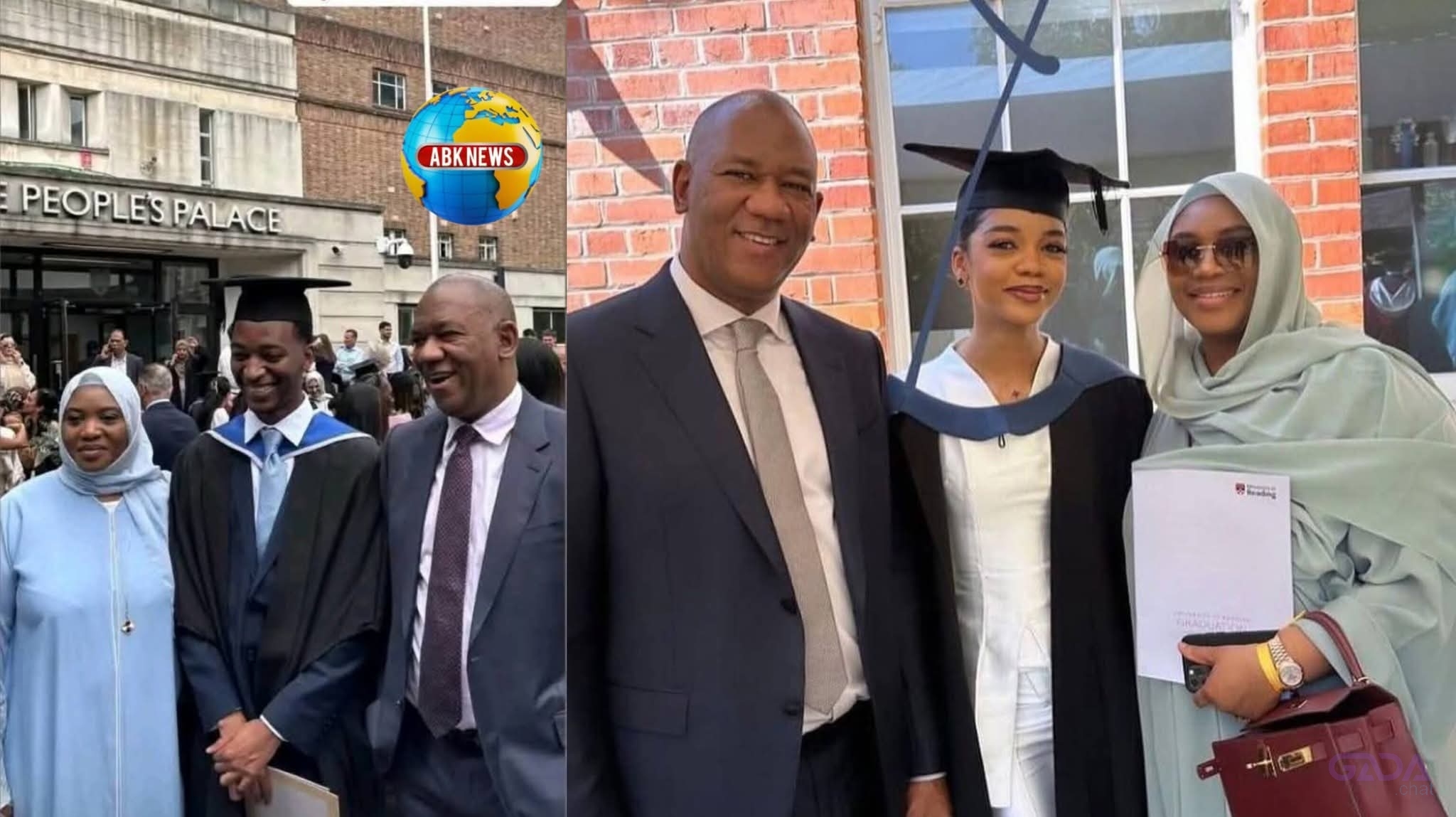Today, I had the honour of chairing the “Inter-Religious Dialogue on Peace, Unity and Security,” organized by the Kaduna State Bureau of Interfaith at the Umaru Musa Yar’Adua Hall, Murtala Square, Kaduna. The core objective of the meeting was to review the progress of our peacebuilding efforts over the past two years and to further deepen strategic citizen engagement through meaningful dialogue with religious and traditional leaders from across Kaduna State.
Held in a warm and convivial atmosphere, the gathering brought together influential clerics and traditional rulers from within and outside the state. In my remarks, I expressed deep appreciation to the respected leaders for their invaluable advice, wise counsel, and continued support for government policies and programmes. I also provided a comprehensive update on our administration’s achievements over the past two years, particularly in the areas of peacebuilding, security, agriculture, infrastructure, education, healthcare, and broader human capital development.
I used the occasion to seek their continued collaboration in our effort to rebuild trust and restore stability in affected communities through the Kaduna Peace Model—an initiative that has made remarkable progress and is now being replicated by other subnationals. I further urged them to continue supporting our efforts through prayers, guidance, and constructive engagement.
In their responses, the religious and traditional leaders spoke with one voice in commending our administration’s inclusive approach to governance and our commitment to peace and development. They reaffirmed their unwavering dedication to partnering with the State Government in transforming Kaduna into an “oasis of peace,” a model of good governance, and a preferred destination for investors.
Discussions were frank, insightful, and forward-looking. Together, we examined key challenges and reaffirmed our collective resolve to rebuild trust, foster peaceful coexistence, strengthen interfaith understanding, and ensure effective implementation of government initiatives for the greater good of all Kaduna citizens.
Senator Uba Sani, CON
Governor, Kaduna State
August 4th, 2025
Held in a warm and convivial atmosphere, the gathering brought together influential clerics and traditional rulers from within and outside the state. In my remarks, I expressed deep appreciation to the respected leaders for their invaluable advice, wise counsel, and continued support for government policies and programmes. I also provided a comprehensive update on our administration’s achievements over the past two years, particularly in the areas of peacebuilding, security, agriculture, infrastructure, education, healthcare, and broader human capital development.
I used the occasion to seek their continued collaboration in our effort to rebuild trust and restore stability in affected communities through the Kaduna Peace Model—an initiative that has made remarkable progress and is now being replicated by other subnationals. I further urged them to continue supporting our efforts through prayers, guidance, and constructive engagement.
In their responses, the religious and traditional leaders spoke with one voice in commending our administration’s inclusive approach to governance and our commitment to peace and development. They reaffirmed their unwavering dedication to partnering with the State Government in transforming Kaduna into an “oasis of peace,” a model of good governance, and a preferred destination for investors.
Discussions were frank, insightful, and forward-looking. Together, we examined key challenges and reaffirmed our collective resolve to rebuild trust, foster peaceful coexistence, strengthen interfaith understanding, and ensure effective implementation of government initiatives for the greater good of all Kaduna citizens.
Senator Uba Sani, CON
Governor, Kaduna State
August 4th, 2025
Today, I had the honour of chairing the “Inter-Religious Dialogue on Peace, Unity and Security,” organized by the Kaduna State Bureau of Interfaith at the Umaru Musa Yar’Adua Hall, Murtala Square, Kaduna. The core objective of the meeting was to review the progress of our peacebuilding efforts over the past two years and to further deepen strategic citizen engagement through meaningful dialogue with religious and traditional leaders from across Kaduna State.
Held in a warm and convivial atmosphere, the gathering brought together influential clerics and traditional rulers from within and outside the state. In my remarks, I expressed deep appreciation to the respected leaders for their invaluable advice, wise counsel, and continued support for government policies and programmes. I also provided a comprehensive update on our administration’s achievements over the past two years, particularly in the areas of peacebuilding, security, agriculture, infrastructure, education, healthcare, and broader human capital development.
I used the occasion to seek their continued collaboration in our effort to rebuild trust and restore stability in affected communities through the Kaduna Peace Model—an initiative that has made remarkable progress and is now being replicated by other subnationals. I further urged them to continue supporting our efforts through prayers, guidance, and constructive engagement.
In their responses, the religious and traditional leaders spoke with one voice in commending our administration’s inclusive approach to governance and our commitment to peace and development. They reaffirmed their unwavering dedication to partnering with the State Government in transforming Kaduna into an “oasis of peace,” a model of good governance, and a preferred destination for investors.
Discussions were frank, insightful, and forward-looking. Together, we examined key challenges and reaffirmed our collective resolve to rebuild trust, foster peaceful coexistence, strengthen interfaith understanding, and ensure effective implementation of government initiatives for the greater good of all Kaduna citizens.
Senator Uba Sani, CON
Governor, Kaduna State
August 4th, 2025
0 Yorumlar
0 hisse senetleri
87 Views
0 önizleme





